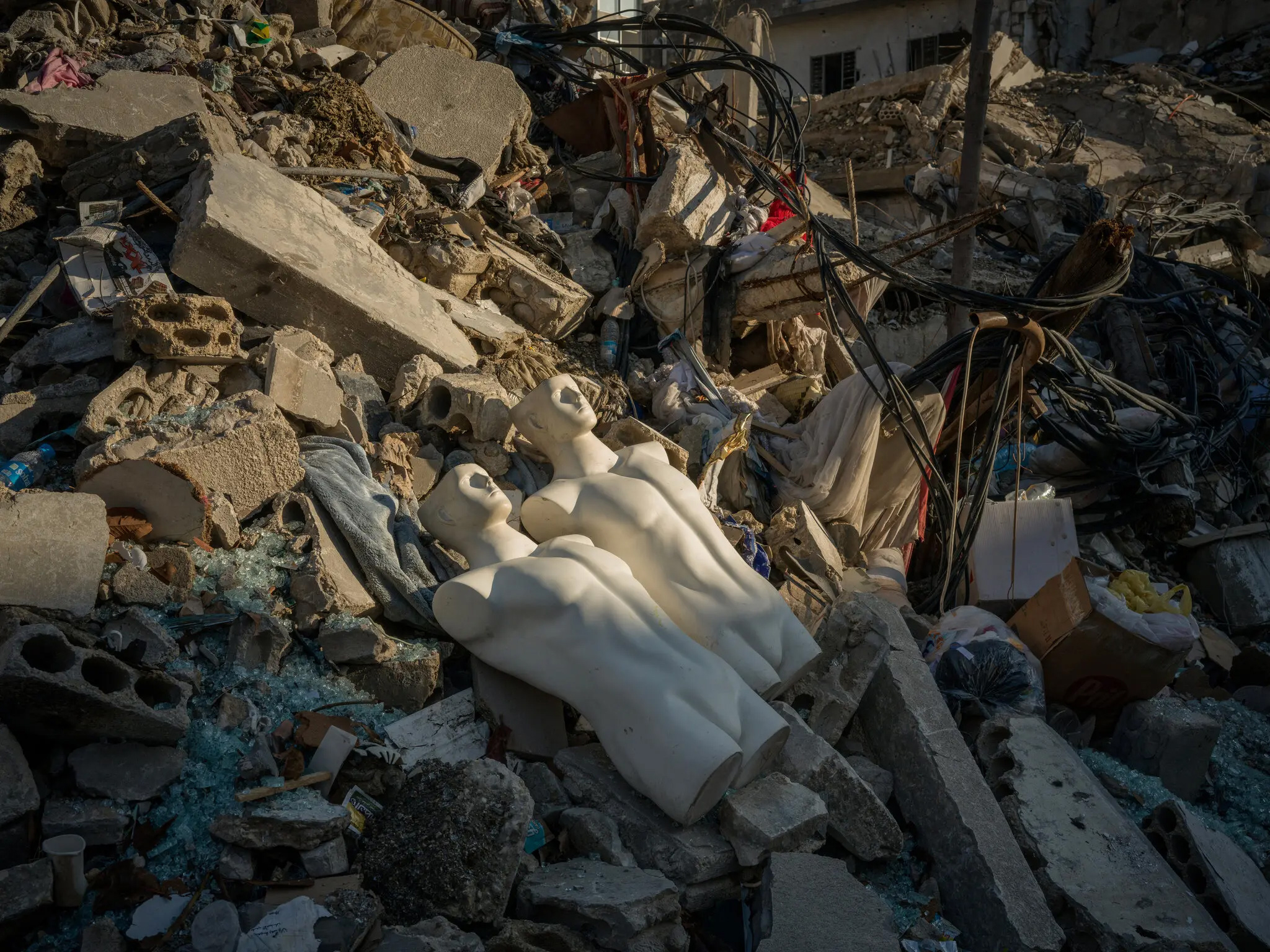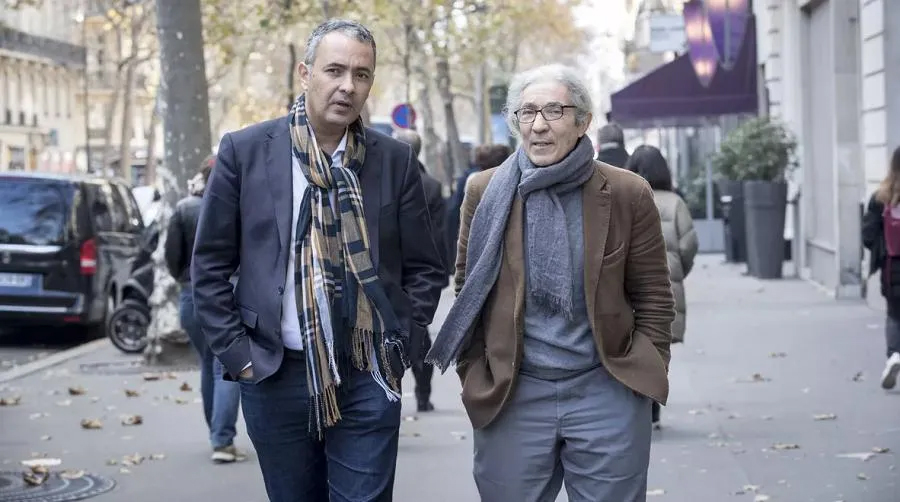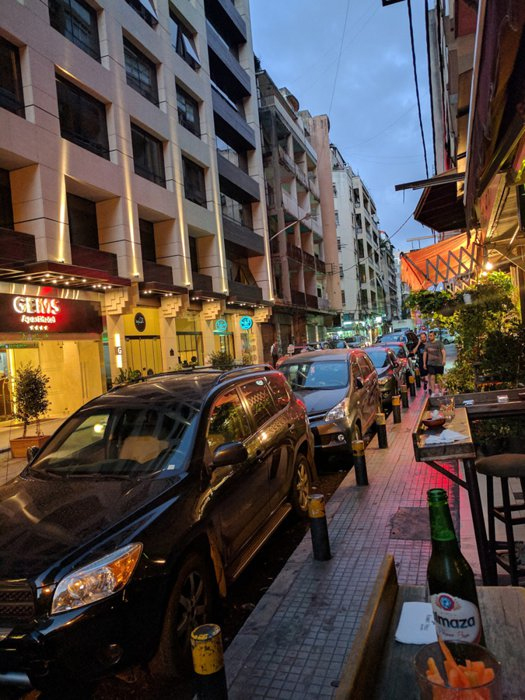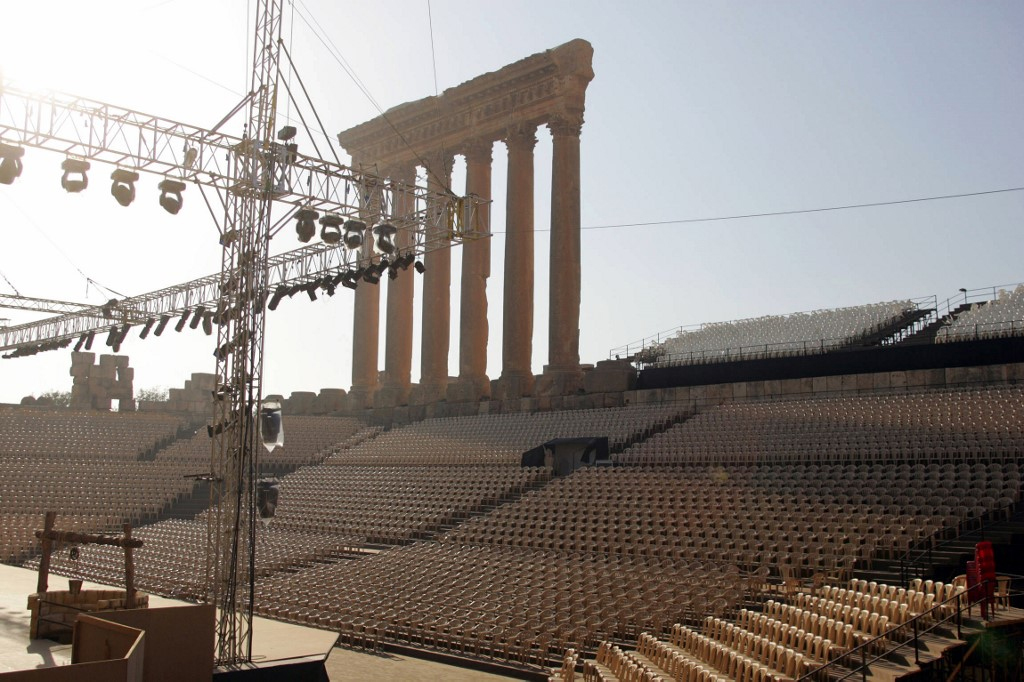Reality Check: A Newly Elected Administration Navigates Lebanon's Oligarchy to Address Reforms and Reconstruction
Lebanon has recently elected a president, and the immediate response might be, “So what?” On top of this, the parliament also chose its prime minister-designate. The difference between the level of news from Syria last month and Lebanon this month sounds almost incomparable. At least regarding Syria, the fact that Bashar al-Assad is no longer the country's leader while the incumbent has not yet been elected still maintains an element of surprise for the future.









